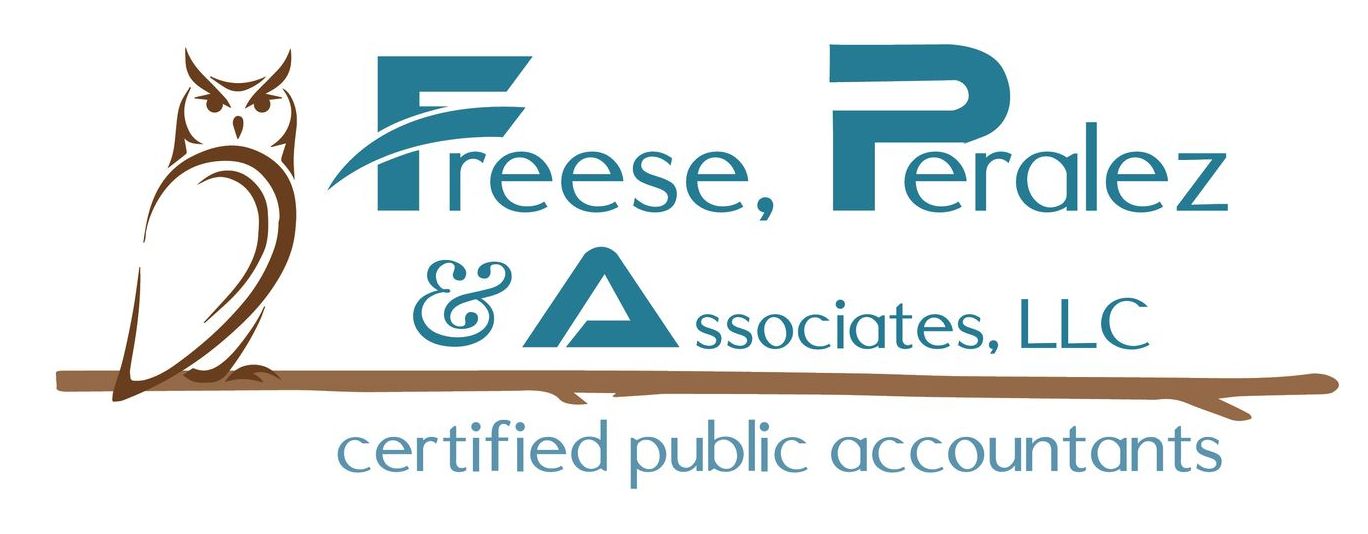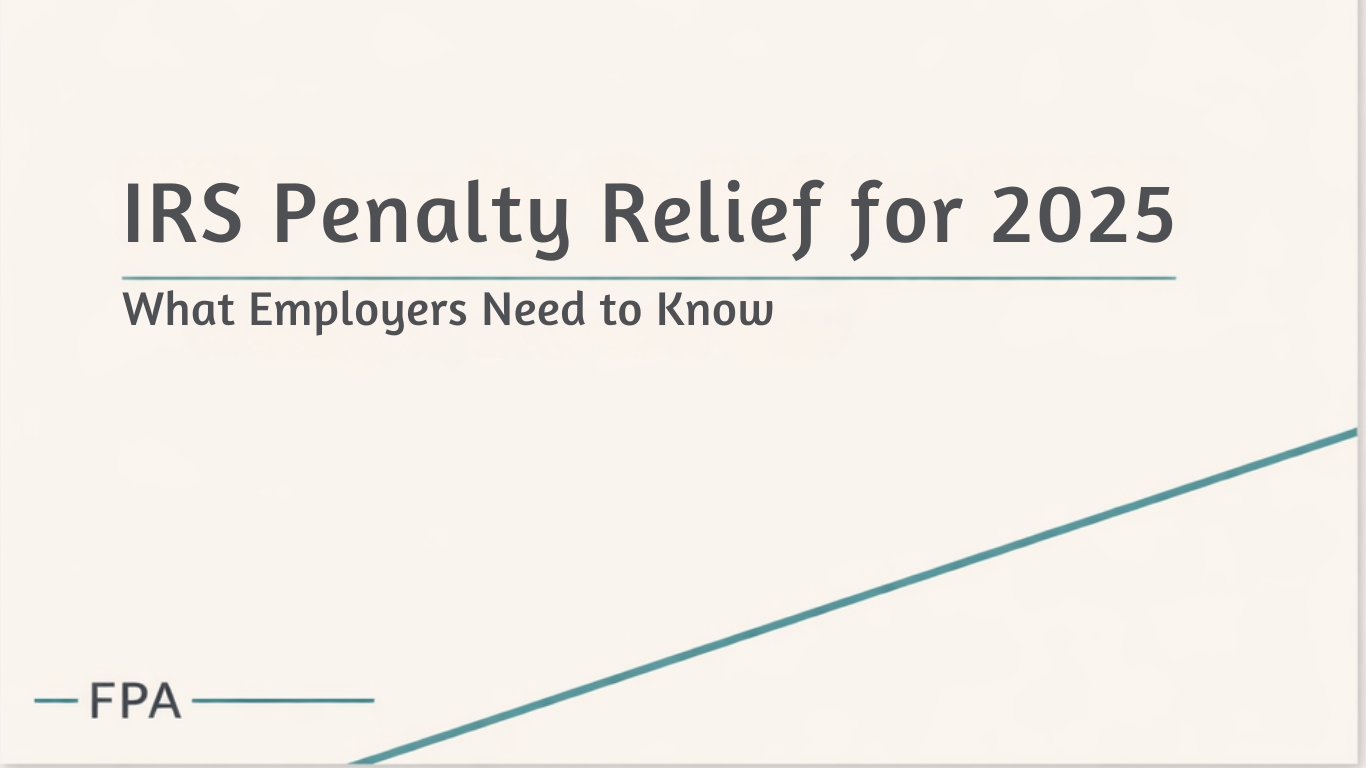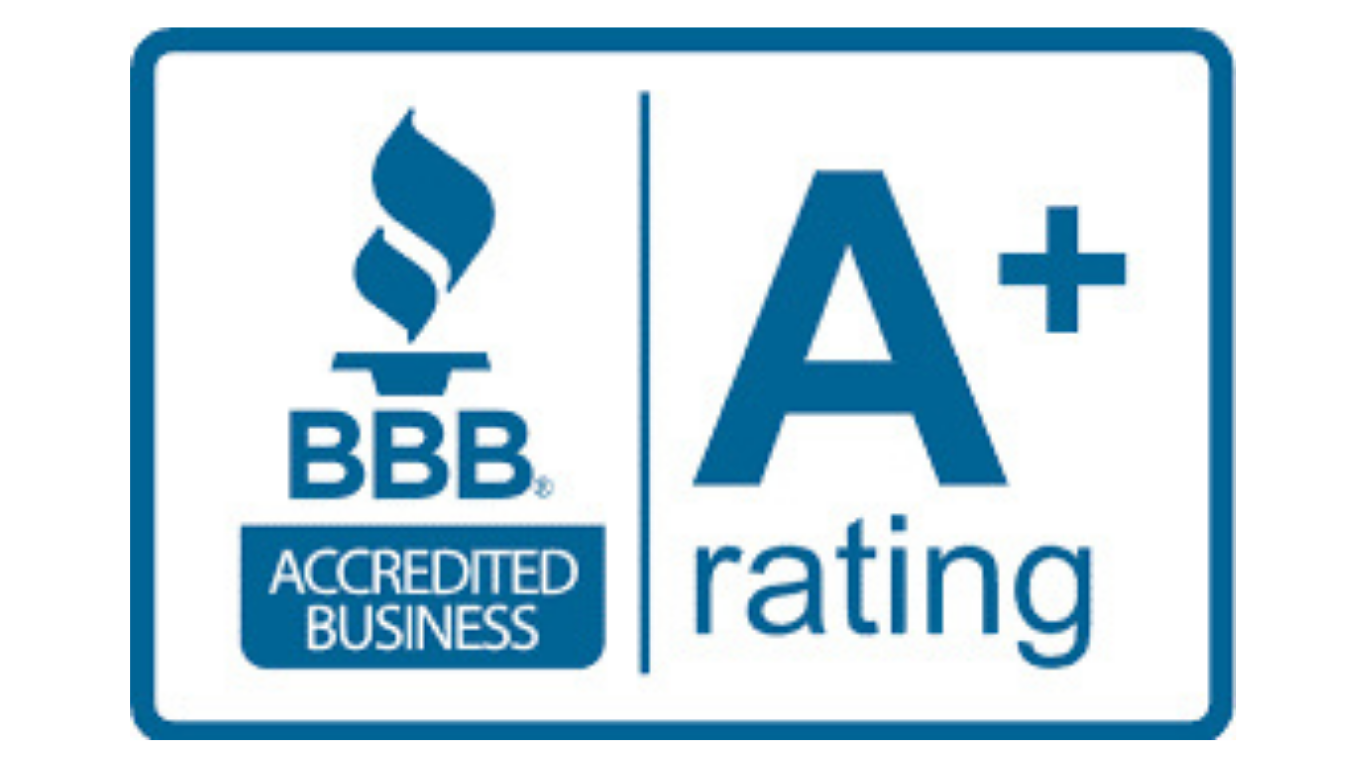Questions you may still have after filing your tax return
Questions you may still have after filing your tax return

If you’ve successfully filed your 2022 tax return with the IRS, you may think you’re done with taxes for another year. But some questions may still crop up about the return. Here are brief answers to three questions that we’re frequently asked at this time of year.
When will your refund arrive?
The IRS has an online tool that can tell you the status of your refund. Go to irs.gov and click on “Get Your Refund Status.” You’ll need your Social Security number, filing status and the exact refund amount.
Which tax records can you throw away now?
At a minimum, keep tax records related to your return for as long as the IRS can audit your return or assess additional taxes. In general, the statute of limitations is three years after you file your return. So you can generally get rid of most records related to tax returns for 2019 and earlier years. (If you filed an extension for your 2019 return, hold on to your records until at least three years from when you filed the extended return.)
However, the statute of limitations extends to six years for taxpayers who understate their gross income by more than 25%.
You should hang on to certain tax-related records longer. For example, keep the actual tax returns indefinitely, so you can prove to the IRS that you filed legitimate returns. (There’s no statute of limitations for an audit if you didn’t file a return or you filed a fraudulent one.)
When it comes to retirement accounts, keep records associated with them until you’ve depleted the account and reported the last withdrawal on your tax return, plus three (or six) years. And retain records related to real estate or investments for as long as you own the asset, plus at least three years after you sell it and report the sale on your tax return. (You can keep these records for six years if you want to be extra safe.)
Can you still collect a refund for a tax credit or deduction if you overlooked claiming it?
In general, you can file an amended tax return and claim a refund within three years after the date you filed your original return or within two years of the date you paid the tax, whichever is later.
However, there are a few opportunities when you have longer to file an amended return. For example, the statute of limitations for bad debts is longer than the usual three-year time limit for most items on your tax return. In general, you can amend your tax return to claim a bad debt for seven years from the due date of the tax return for the year that the debt became worthless.
Help available all year long
Contact us if you have questions about retaining tax records, receiving your refund or filing an amended return. We’re not just here at tax filing time. We’re here all year long.
Contact us to schedule an appointment today!



























